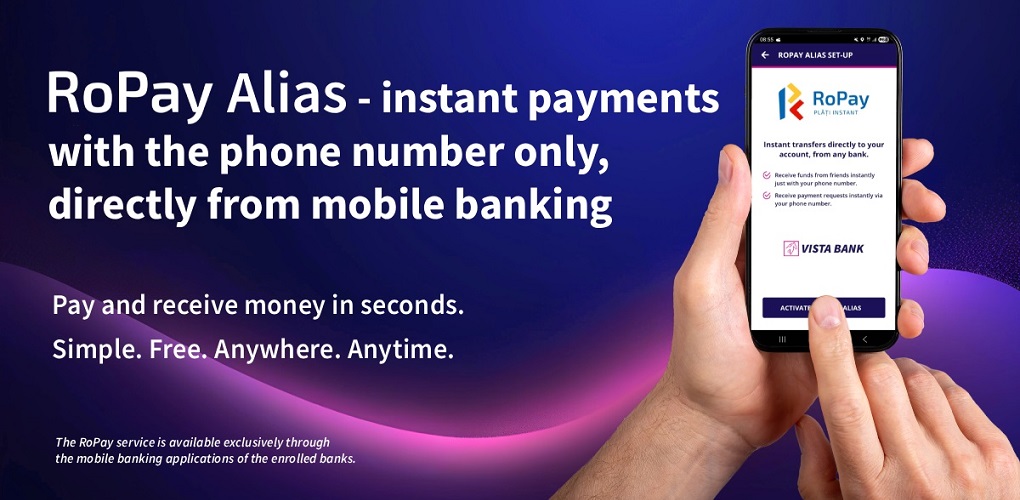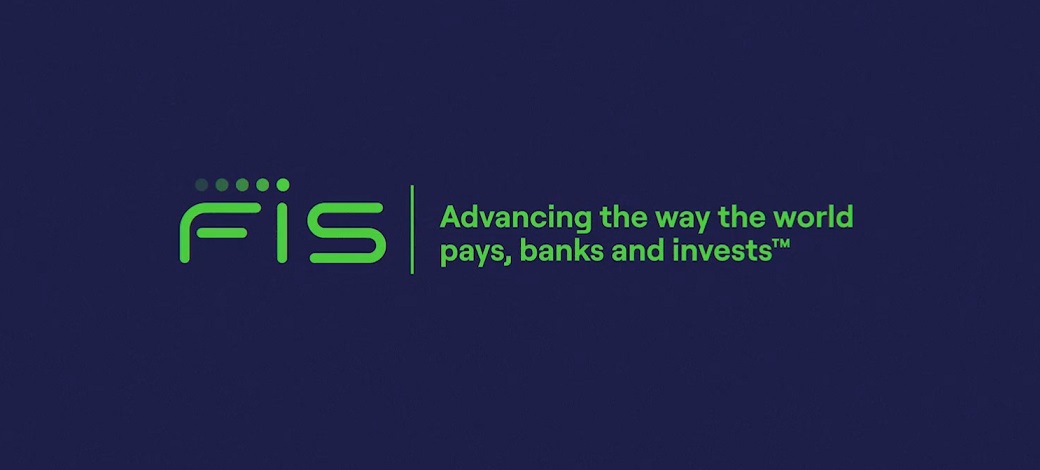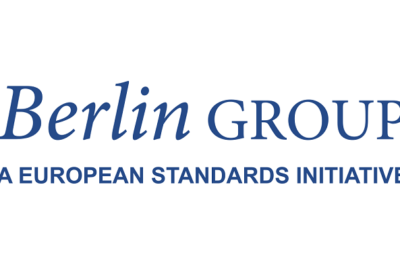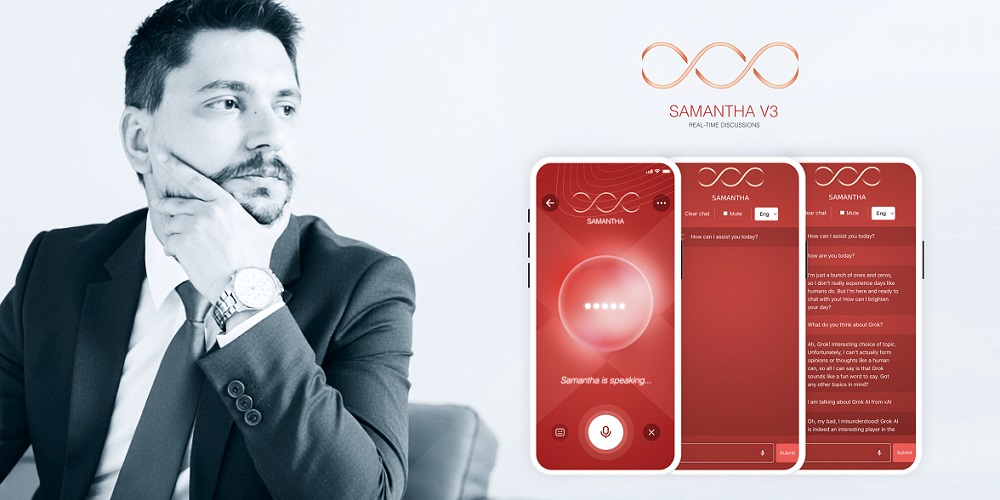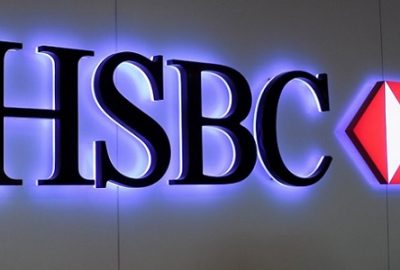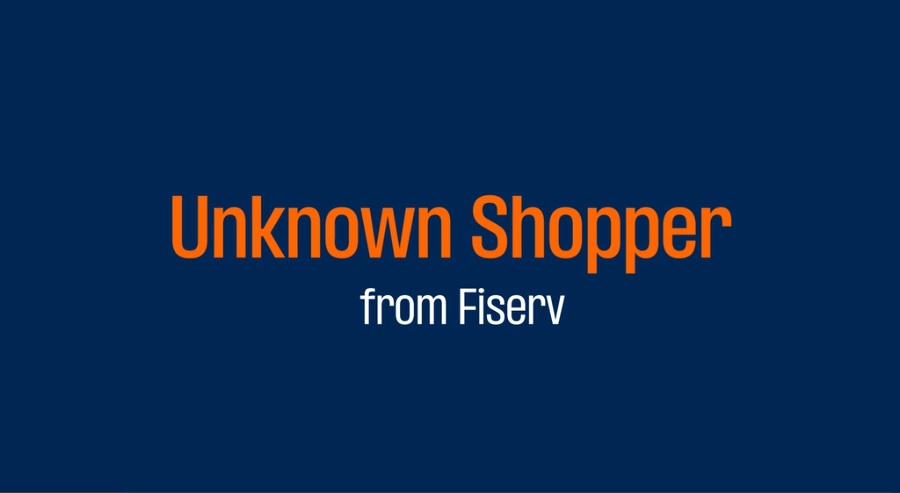Building the financial home for European founders

by Sean Mullaney – Seapoint’s founder and CEO. He was previously European CIO at Stripe, and has advised the Bank of England and the European Central Bank.
„I had a £600,000 check and nobody would take my money.”
That’s what a founder told me after raising his pre-seed. He couldn’t find a single bank willing to open an account for his startup in a timely manner. Over the past year I spoke to 50+ European founders. Again and again, the same pain points came up – and they’re shaping what we’re building at Seapoint. The folks building the companies that will define our economic future are repeatedly being failed by financial services designed for the last century.
Today’s financial services are holding startups back
In the UK and Europe, venture funding has exploded to over €50 billion annually. We now have over 160 unicorn companies valued at $1bn or more. We are producing more STEM graduates than the US every year. Yet the companies at the forefront of this transformation can’t access the financial services and software they need to scale their businesses.
Traditional banks see venture funding as suspicious. „Why would someone invest money if you have no revenue?” one bank manager asked us after Seapoint raised our $3 million pre-seed round. Another founder waited six months for account approval. A third visited the post office four times just to verify their identity.
So founders turn to neobanks, only to discover they’ve automated away everything. To serve 500,000 micro-businesses profitably, they’ve reduced every company to a basic checklist. Talking about a prominent neobank one founder said “They were so bad, I mean they were really bad. It was a train wreck”. „Customer service is non-existent,” another founder told me. „Just absolute freaking nightmare. I use it for the bare minimum. I get no support, nothing.”
The result? Founders juggle 4-6 different financial providers, and are still left with a mountain of manual work. As one put it: „Our fractional CFO has concocted a financial stack more complex than the product we’re trying to build.”
Fragmented, manual and costly processes hurt innovation
In the early days, the responsibility for finance falls to the founder. Here’s what „running finances” actually looks like for European founders:
Payroll is a monthly panic. „I’ve got an Excel sheet with 26 staff and I pay each person individually. I’ve done that for years,” a founder who raised €10+ million told me. Another admitted: „I forgot to pay one of our new employees.” A third received a Slack from his team one month: „Hey, you forgot to pay us.”
Invoices pile up in Gmail folders. „I have maybe 10 invoices a month which just sit in a folder in Gmail,” one founder explained. Another: „I keep two folders: ‘invoices to pay’ and ‘invoices paid.’ Takes about 1.5 hours per month.” A third forwards 60 emails manually to her accounting system. Every. Single. Month.
Financial visibility disappears entirely. „The source of truth is the Google sheet where we pile it all together,” multiple founders told me. Or they wait weeks after month-end for their accountants to send them a report. „The biggest thing that’s going to kill a startup is you run out of money,” one founder said. „So having the finance overview is so important.” Yet they’re flying blind.
Our research revealed founders waste countless hours monthly on these fragmented, manual and costly processes. That’s time spent not building products or talking to customers. It’s time lost to the operational tax of European entrepreneurship.
Right now, we’re building fast with a cohort of startups. Later this year, we’ll open the doors wider. From there, we’ll expand to serve the mid-sized companies who are trapped between the limited offerings of neobanks and the bureaucracy of corporate banking.
Follow the link to read the article in full
At Banking 4.0, experts will dive into how startups and SMEs can simplify and streamline their finances during interactive round-table discussions.
Dariusz Mazurkiewicz – CEO at BLIK Polish Payment Standard
Banking 4.0 – „how was the experience for you”
„To be honest I think that Sinaia, your conference, is much better then Davos.”
Many more interesting quotes in the video below:
